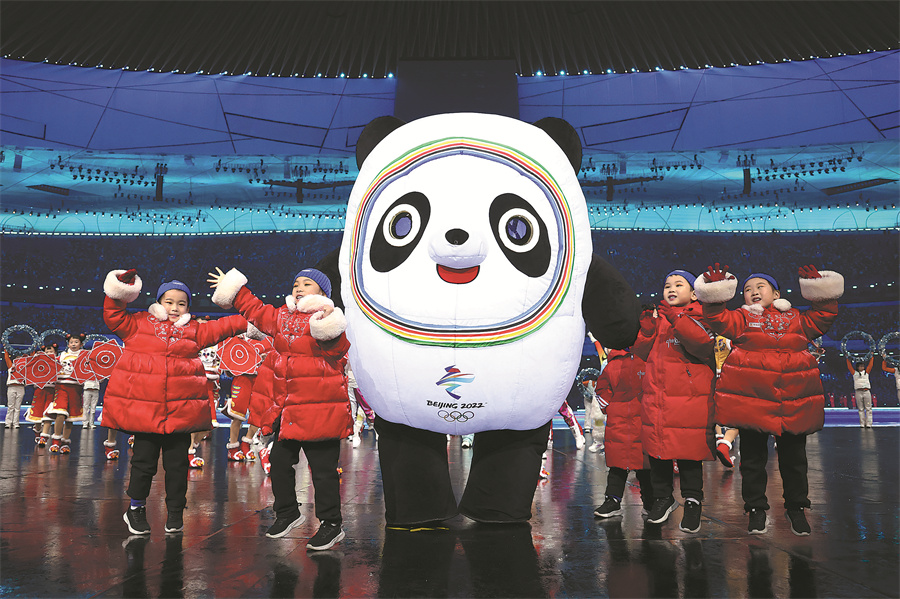Published:September 13,2022
By Hafijur Rahman

A farmer in his cotton field in Shawan City, northwest China’s Xinjiang Uygur Autonomous Region, October 23, 2021./Xinhua
Facing the 48-page UN report’s allegation of human rights abuses in China’s Xinjiang Uygur Autonomous Region, Chinese ambassador to the UN, Chen Xu, on September 9 lashed out at the global body in Geneva, saying that the organization has “closed the door of cooperation by releasing the so-called assessment,” which was fabricated to cater to Western politicians.
Even the UN High Commissioner for Human Rights, Michelle Bachelet, who published the “assessment” minutes before the end of her term, had announced earlier in June that she wouldn’t seek for a second term, which as reported by the Global Times might also result from the pressure of the U.S.-led West.
The human rights issue has always been a tool to advance the U.S.’s interventionist foreign policy agenda. The practice has been aligned with its global hegemonic agenda by, as stated in a report by the South China Morning Post, “covering up its own discretions, ignoring others when it’s convenient while exaggerating or even making up the misdeeds of rivals.”
According to the Military Intervention Project database, America, since its founding in 1776, has conducted nearly 400 military interventions across the world. In its long-run interventionist foreign policy history, as the database has shown, most of the interventions that occurred particularly after 1990, from when it emerged as a unipolar hegemony, have been conducted under the excuse of so-called liberal values, notably democracy and human rights.
A leaked internal memo, sent by the former United States Assistant Secretary of State for International Organization Affairs – Brian Hook – to the then-Secretary of State Rex Tillerson, and published by Politico in December 2017, could explain how the U.S. has cynically internalized human rights as a hegemonic agenda-advancing tool other than the moral and ethical compass it claims to hold onto. The memo insisted on using human rights as a tool against its adversaries.
As it states, “Allies should be treated differently – and better – than adversaries” and “to pressure, compete with and outmaneuver them [adversaries]”. The U.S. “should consider human rights as an important issue in regard to U.S. relations with China, Russia, the DPRK, and Iran.”
The memo even talks further about the eventual aim of engineering human rights allegations against its adversaries: “to impose costs, apply counter-pressure, and regain the initiative from them strategically.”
In its human rights project as a broader foreign policy agenda-advancing tool and eventually coercing its adversaries to bring them to their heels, the U.S. has always mobilized its long-enjoyed control and advancing mechanism over the global system and institutions.
Firstly, the U.S. has exploited human rights, in most cases clinically and selectively, against its rivals by unilaterally exercising its overwhelming influence over the global political and economic system which is fundamentally flawed and has leaned in favor of the West since its inception after World War II.
Rampant imposition of extraterritorial jurisdiction of its domestic law, weaponization of international economic interdependence, and politicization of global public goods are some of the enforcement tools being brazenly wielded against its adversaries.
In this project, weaponizing human rights discourse to its geopolitical interests, the U.S. has always got other Western nations by its side, who consistently function as “member states of a single empire on foreign policy.” The diplomatic boycott of the Beijing 2022 Winter Olympics by some of those empire agents and futile attempt to maneuver the event into a demonization campaign against China bears truth to that proposition.

Children perform with Bing Dwen Dwen, mascot of the Beijing 2022 Winter Olympics, during a rehearsal of the Games’ opening ceremony at the National Stadium in Beijing, capital of China, January 22, 2022. /Xinhua
Secondly, the international human rights organizations, due to their dependent roles with their principal donors in Europe, the U.S., and Japan, have long been accused of being complicit in the weaponization of human rights discourse.
While the West, chiefly the U.S., works as the hub of the global “human rights industrial complex” and manufacturing machine in making up human rights allegations against its adversaries, organizations like Amnesty International and Human Rights Watch very often play the role in fabricating broader consent to the allegations.
Those Western-funded organizations have been accused of selectively taking up issues to feed the foreign policy agenda of Western governments and of staying mum on issues that could contradict the West’s stated agenda.
Such brazen selectivism on the part of those organizations was demonstrated when, in April 2019, the U.S. revoked visas for the members of the International Criminal Court because of attempting to investigate U.S. troops for their possible war crimes in Afghanistan.
Thirdly, at its extreme, military intervention in the name of protecting or promoting human rights is another frequently used agenda-advancing tool. Now wars are often called “humanitarian interventions.” Human rights discourse was used to justify wars from Nicaragua to Syria and from Iraq to Libya, eventually leaving humans massacred and their rights shattered.
In the not so distant past, the “Xinjiang narrative” has been related to violent separatism and terrorism in the Western discourse. But over the recent past, the issue has gradually been rerouted to the allegation of so-called crimes against humanity or genocide against China’s Xinjiang, particularly during Trump’s administration when anti-China was put into full gear. One could easily discern that the more its geopolitical hostility against China has increased, the harder allegations of so-called human rights violations in Xinjiang have been campaigned on.
The U.S. is in an all-out strategic competition with China, being waged on multiple fronts to contain China. In such a full-fledged cold-war-like geo-strategic competition, as was seen in one against the Soviet Union, one of the many containment frontiers the U.S. has long been habituated to wage against its adversaries is to demonize them by hurling allegations of human rights violations – sometimes even by manufacturing a far-from-near-truth.
Hafijur Rahman is a columnist and Security and Strategic analyst, working in a prominent Strategic Studies Center in Bangladesh.
 Africa -China Review Africa -China Cooperation and Transformation
Africa -China Review Africa -China Cooperation and Transformation
